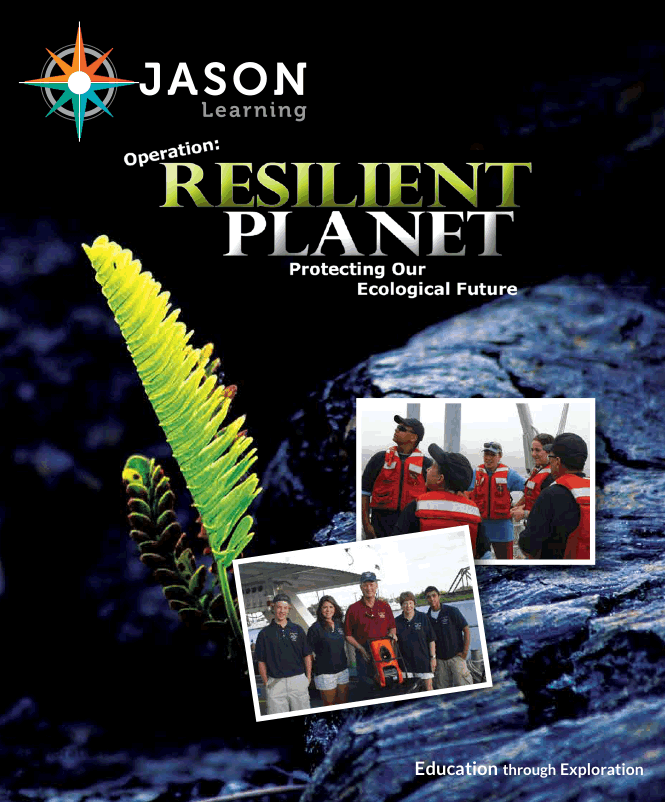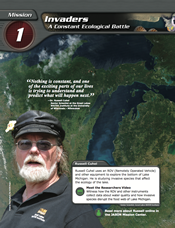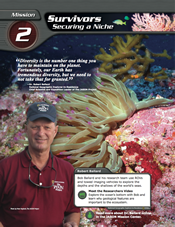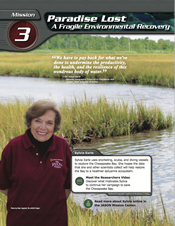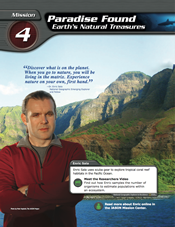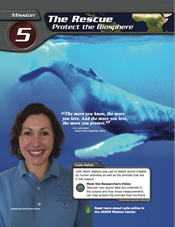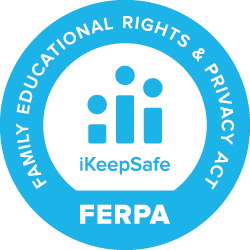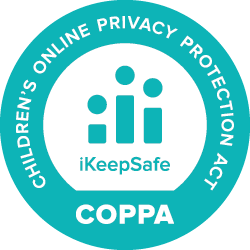Students connect with scientists from the Great Lakes WATER Institute, National Geographic, Ocean Exploration Trust, and NOAA to:
- Investigate alien invaders in the Great Lakes
- Protect whales in the Atlantic Ocean
- Discover why there are so many sharks on the reefs of Hawaii and
- Snorkel over a coral reef in the Gulf of Mexico
Resilient Planet takes students to Earth’s critical ecosystems to investigate nature’s strategies for regeneration, learn roles of ecosystem management, understand human-induced changes, and recognize their responsibility for defending biodiversity. Students engage with these five missions through a series of articles, activities, videos, and games to form a deeper understanding of ecological conservation.
